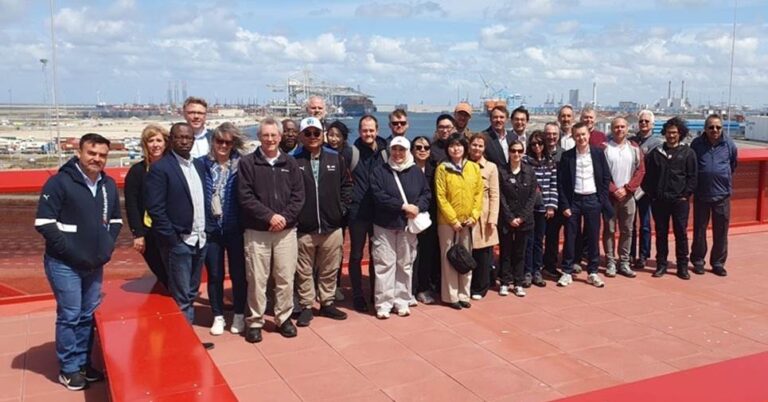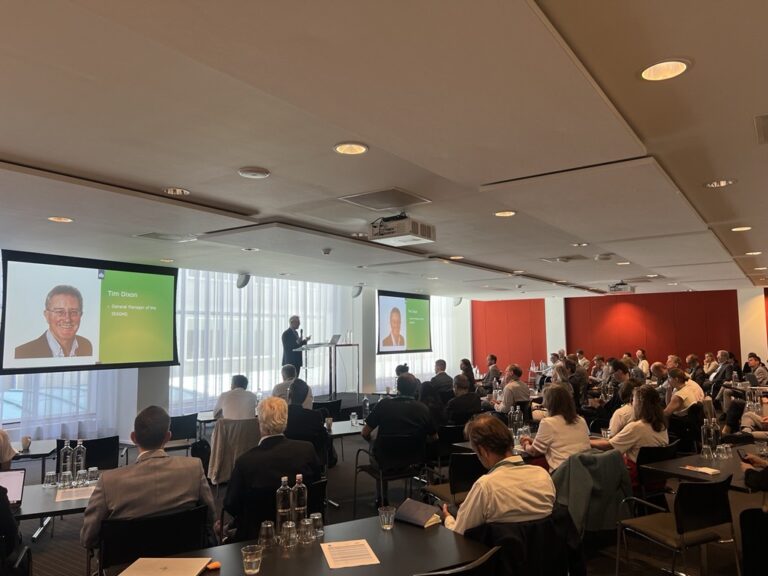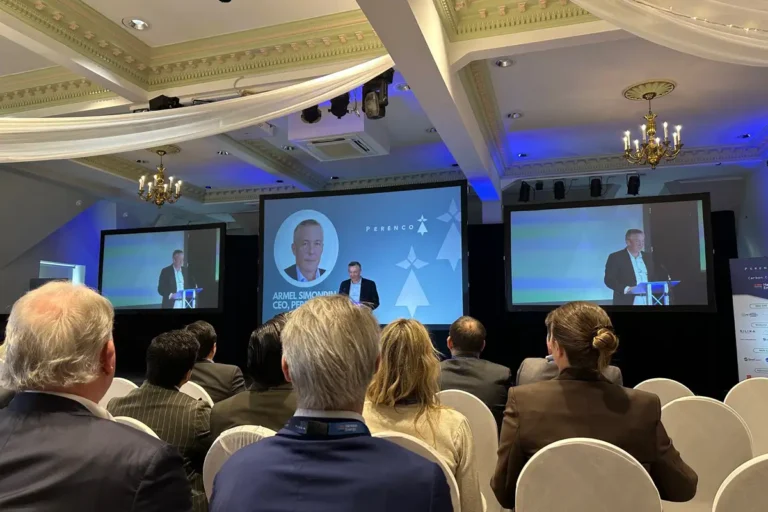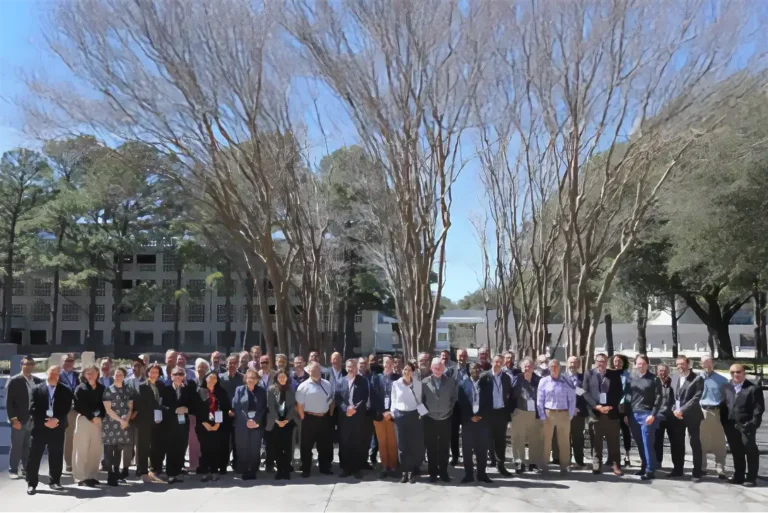
GHGT-14 Closing Panel “A New Narrative”
21 November 2018

GHGT-14 was brought to a close on Thursday 26th Oct with a final panel to discuss ‘The CCS Narrative’. The panel consisted of: the chair Gabrielle Walker – Author & Consultant, Xynteo; Bill Spence – Representing OGCI; Fiona Wild – Vice President Sustainability and Climate Change at BHP; Keith Whiriskey – Bellona; Tony Wood – Grattan Institute.
Opening: The CCS Narrative
Gabrielle opened the session explaining there is a need for a more consistent powerful narrative for CCS. There is a current OGCI initiative along with BHP & Shell with the project objective to put some positive energy into reinvigorating the narrative around CCS. We need to reach wider audiences communicating the CCS message and review what the current communication barriers are and how to overcome them.
By CCS narrative the panel was not referring to campaigning or putting a spin on CCS but rather the current world view. The CCS narrative is the story we tell ourselves about why we do it. Unfortunately, the narrative is currently going wrong within the general public and is changing rapidly.
The idea of ‘fatigue’ within the CCS community with project cancellations and lack of policy support was discussed and how to keep the momentum for CCS extending well into the future. In the world of politics and policy world they already have the technology facts and numbers but that is not enough. CCUS needs strong communicator around the world.
Listening Is Key To Understanding How To Talk To Your Audience
Bill emphasised that as a CCS community we need to listen more rather than focussing on what to say next. Listen, understand you audience, then develop a more relevant message. We also need to think about who is the right person to tell the audience? We need to understand where people’s points of views come from.
Keith explained when talking about Bio-CCS the potential land-use and reforestation would be a key concern for this audience which it may not be for others. Once you understand your audience’s perspective you can work with them to educate and decouple their concerns in their argument from being associated with CCS.
The Value vs the Cost of CCUS
The language used for policy makers and politicians is key. The benefits of CCS need to be communicated and costs is one of the more regularly discussed ‘barriers’ when solar and wind were also once in this category but have since been beneficial to political agendas.
Although cost is a real issue and R&D is currently addressing it, it’s not what’s stopping people getting on board, it’s an excuse. There also seems to be an over simplified narrative for renewables which is negatively impacting the CCS message with the public thinking the problem is easily solved.
Low Carbon Products
It has been argued the lack of ‘product’ associated with storing CO₂ makes the benefits of CCS non-tangible. The panel proposed that low carbon steel and cement could be a way of communicating CCS more effectively.
The CCS community needs to move discussion from science to outcome. The outcome of low carbon products is likely to get public support for new road and tunnel developments. Big companies will start to ask for the products and a market will become naturally competitive.
There Is A Lack Of Trust
Another key element to the current CCS narrative is a lack of trust between the audience and those currently communicating the message. The public don’t trust oil, gas or coal industry. They also don’t trust the government will keep going and stay committed to CCS investment promises given the funding and competitions cancelled before.
Fiona explained she regularly hears about ‘trust’ whilst working for BHP. Everyone assumes BHP has an agenda and we need different voices with different reasons for wanting CCS coming together. We need “unlikely alliances”, such as unions and companies and NGOs, to get the message over.
Bill explained this needs to be taken more positively. It’s human nature and people are just asking for an independent audit which we should be more willing to provide. When you’re conflicted it’s normal to want a second opinion. We need to get CCS verified outside the industry.
Keith emphasised that the O&G industry has a trust deficit. We can only now gain trust by actually doing projects and there won’t be any deep trust until there are projects.
CCS Ambassadors
The panel ended with a discussion, so who should can be ambassadors?
Fiona argued investors need to be the focus. Teach them about the full range of technology available to reduce emissions. If investment community started to think about catalysing investments in CCS that could be really powerful.
Tony explained champions are going to be people that are going to be worse off without CCS. Those people don’t know about CCS currently but need to be the biggest motivator.
Keith suggested it should be companies that will be in financial risk in 50 years if they can’t become carbon neutral.
Bill explained we need to get the CCS narrative into the treasury and those influential to the exchequer.
Overall, it’s not just about the technical message, “facts don’t change feelings”, but who’s saying it, how are they saying it and who are they saying it to.
Lydia Rycroft & Tim Dixon, IEAGHG
Other articles you might be interested in
Get the latest CCS news and insights
Get essential news and updates from the CCS sector and the IEAGHG by email.
Can’t find what you are looking for?
Whatever you would like to know, our dedicated team of experts is here to help you. Just drop us an email and we will get back to you as soon as we can.
Contact Us NowOther articles you might be interested in
Get the latest CCS news and insights
Get essential news and updates from the CCS sector and the IEAGHG by email.
Can't find what you are looking for?
Whatever you would like to know, our dedicated team of experts is here to help you. Just drop us an email and we will get back to you as soon as we can.
Contact Us Now









